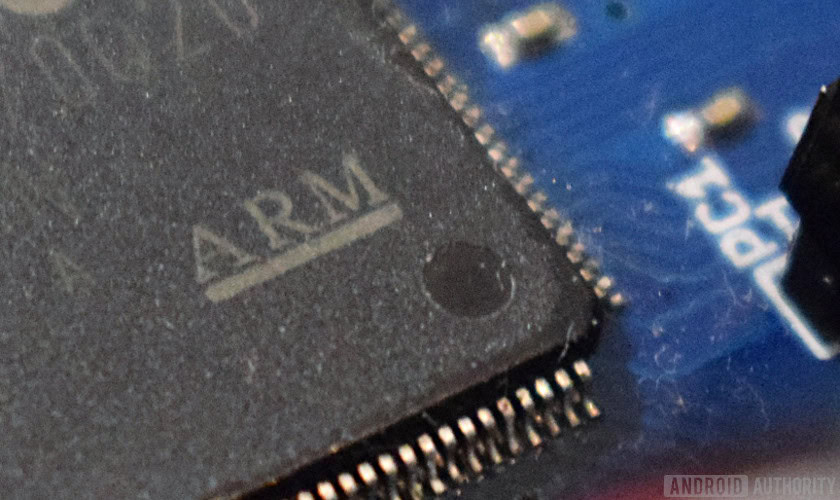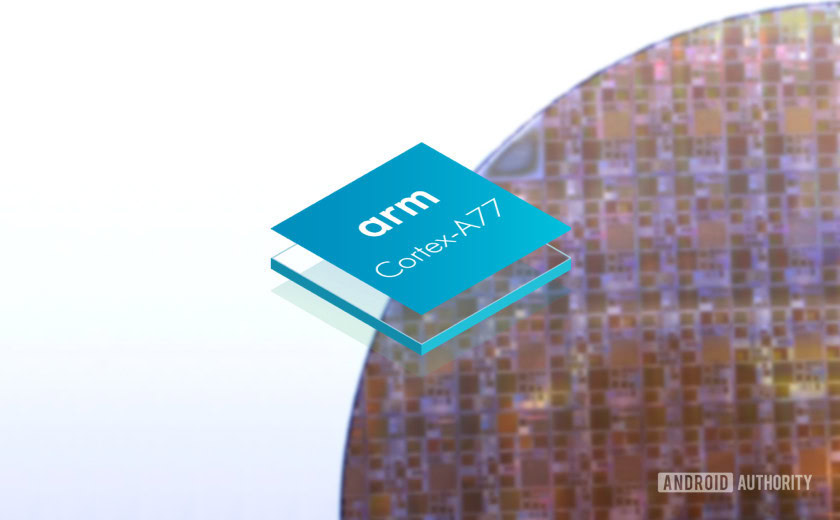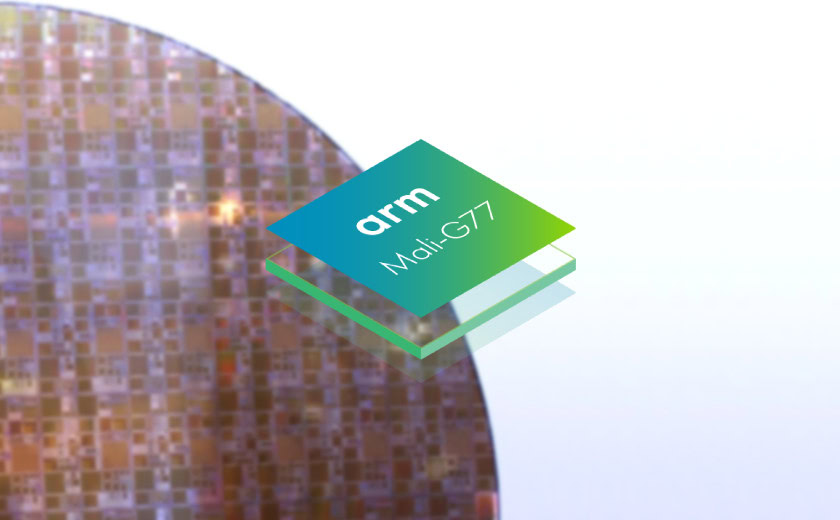Affiliate links on Android Authority may earn us a commission. Learn more.
Arm reveals new licensing strategy as RISC-V makes waves
Published onJuly 16, 2019

Today, Arm announced an additional option for companies looking to build CPUs and SoCs utilizing its intellectual property. The new Arm Flexible Access option sits alongside the company’s existing range of IP licensing options. However, Arm Flexible Access comes in to lower the barrier to entry for those evaluating new silicon designs.
Instead of paying a full license fee upfront, Arm Flexible Access customers pay a more modest fee to access Arm’s portfolio of technology with no obligation to pay a full license. Customers then only pay to license the full IP for designs they actually use at production. The aim is to make it more affordable to get started with Arm IP, while also allowing its customers to evaluate a wider range of products for their needs.


The Arm Flexible Access portfolio includes the majority of Arm-based processors within the Cortex-A, -R, and -M families. Select Mali GPUs, system IP, and tools and models for SoC design are also included in the service. Notable parts included in the Arm Flexible Access initiative include the Cortex-A53, Mali-G52, and the newer Cortex-M33 microcontroller. Note that Arm’s high-end Cortex-A and Mali graphics processors powering mid and high-end smartphones are not included. Qualcomm, Samsung, Apple, and others will have to use existing license arrangements for smartphone chips.
This announcement comes amid some recent traction for RISC-V. RISC-V is an open-source instruction set that can be used to build chips with similar low power/performance prospects to many of Arm’s processors. RISC-V based chip designer SiFive recently raised $65.4 million in its latest funding round, listing Qualcomm as a notable investor. The architecture, thanks to its low barrier to entry and flexible design capabilities, is turning some heads in the low-cost processor market.
Arm Flexible Access lowers the barriers to entry for chip design in the IoT, drone, automotive, and industrial markets.
Development flexibility, time, and cost considerations are particularly important in the growing internet-of-things markets, where new use cases, the introduction of machine learning, and large deployments are particularly sensitive to development costs. This is reflected in the types of IP that Arm has made available through Flexible Access. For the time being, Arm’s high-end compute processors remain under the existing licensing model. Arm is hoping that reducing the upfront costs to evaluate its IP, which includes industry-leading TrustZone and CryptoCell security support, will encourage chip designers to stick with its ecosystem for the next billion devices.